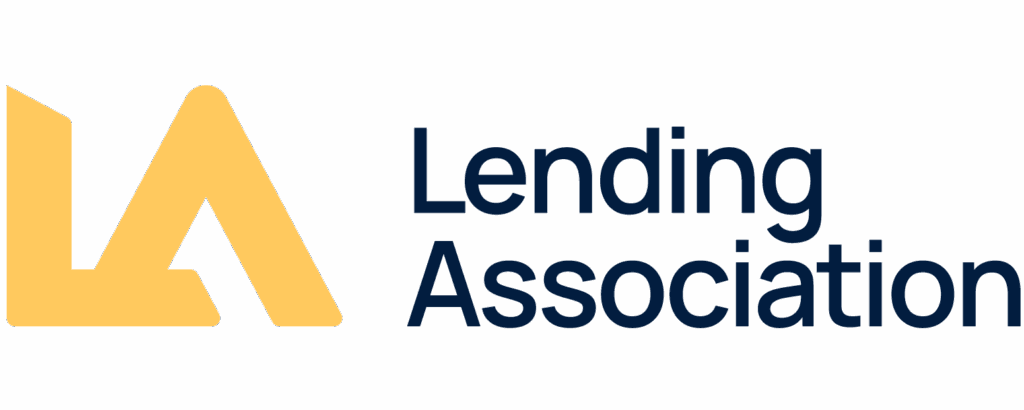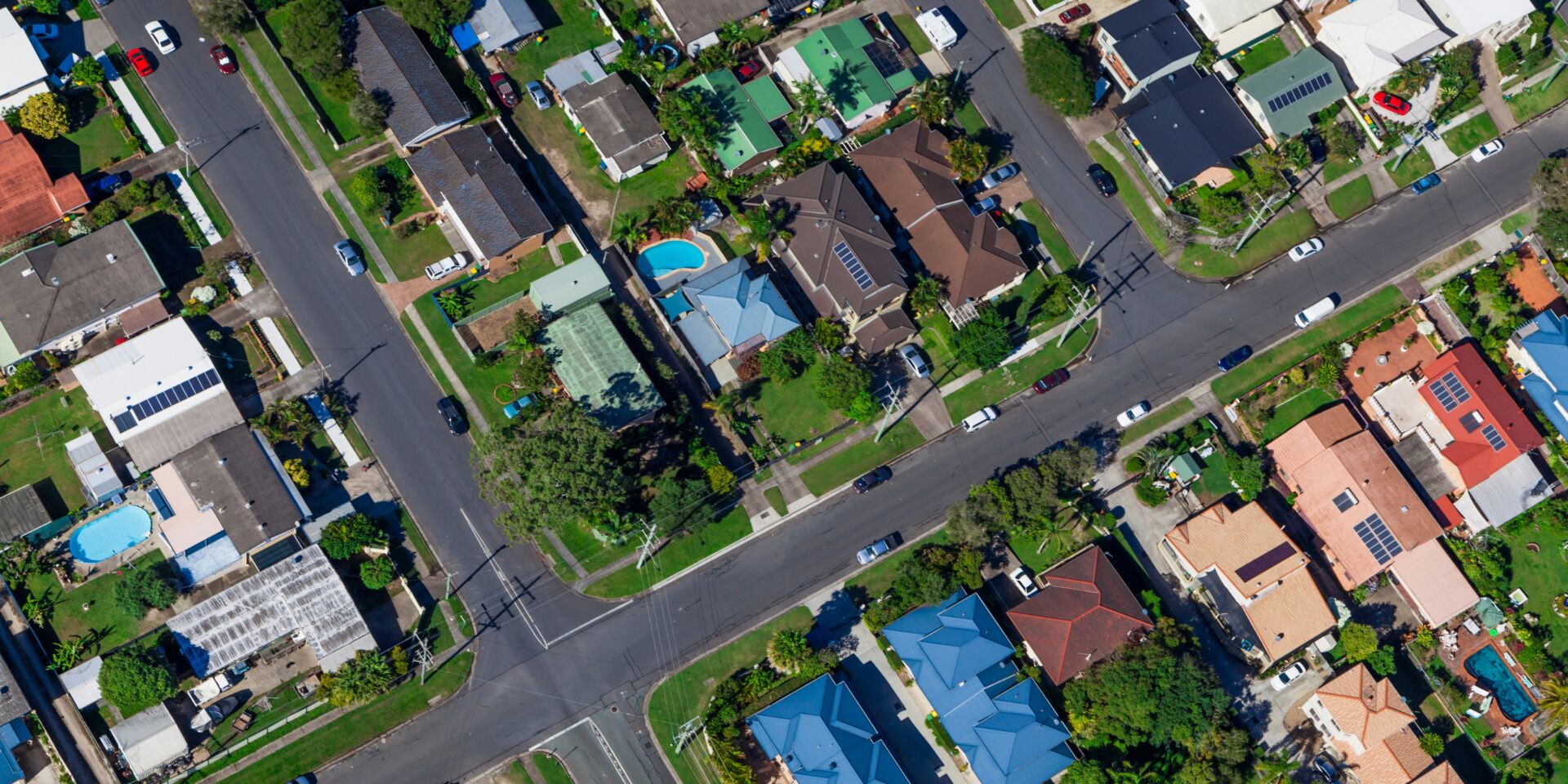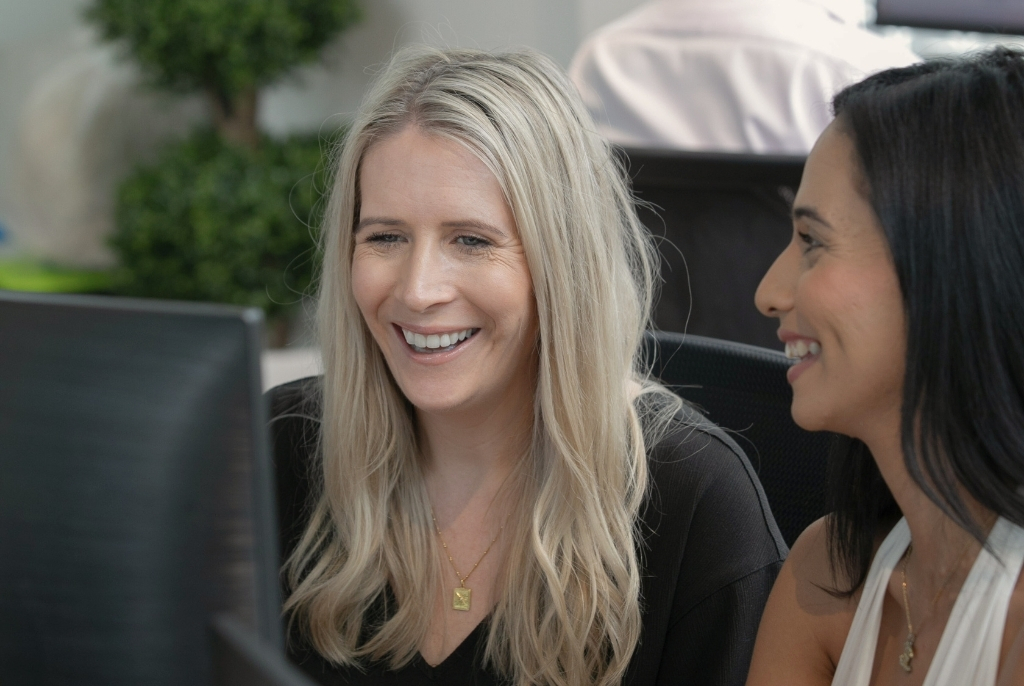Far from being just a financial term, property development feasibility is the key to project success. Before you commit to a purchase or break ground, a clear, well-structured feasibility analysis can help you avoid costly mistakes and ensure your project stacks up.
At Lending Association, we work closely with developers, investors and business owners to assess financial viability and structure funding solutions that support successful outcomes.
Whether you’re developing a duplex, commercial space, or multi-unit site, your feasibility report is the key to understanding risk, cost and return.
So how do you calculate feasibility on a development? Below, we break down the essential components and considerations every developer should understand before moving forward.
The Purpose of a Property Development Feasibility Study
A property development feasibility study helps you determine whether a project is financially viable – and by how much. It considers all major costs, revenue projections and timing to calculate whether the expected profit margin justifies the risk and investment.
Without an accurate feasibility report, it’s all too easy to underestimate costs, overestimate returns, or miss crucial holding expenses. This can lead to funding shortfalls, delayed timelines, or projects that break even – or worse, run at a loss.
That’s why lenders, investors and developers alike rely on feasibility studies to guide decision-making. It’s not just about saying yes to a project, but saying yes to the right one.
Key Components of a Feasibility Assessment
To calculate feasibility, you need to account for every cost involved in delivering the completed development, alongside the estimated revenue. The key areas to include are:
1. Land Acquisition Costs
This includes the purchase price of the land, along with associated fees such as stamp duty, legal costs and due diligence expenses. It’s often the largest upfront cost and needs to be accurately assessed before any other figures can be finalised.
2. Construction and Consultant Fees
Building costs can vary widely depending on design, materials, site constraints and market conditions. In addition to the construction contract, you’ll also need to factor in:
● Architect and town planning fees
● Engineers and consultants
● Surveying and compliance documentation
Even small changes in design scope or delays in approvals can push these figures higher, so building in contingency is essential.
3. Projected Sale or Rental Income (GRV)
The Gross Realisation Value (GRV) is the estimated end value of the completed development. This figure is based on current market trends, local comparable sales or rentals and professional valuation advice.
Your expected income is what determines whether the project can deliver a suitable return. Overestimating this figure is one of the most common feasibility pitfalls, so conservative, data-backed estimates are key.
4. Holding and Finance Costs
Every project takes time, and that time costs money. During the acquisition, approval, construction and selling phases, you’ll incur holding costs such as:
● Council rates and land tax
● Interest repayments on loans
● Insurance and site management costs
These often-overlooked expenses can erode your profit margin if not properly factored in. Your finance structure also plays a major role in the total cost of holding the project.
5. Profit Margin
Most experienced developers aim for a minimum profit margin of 15–20% on total development costs. This margin provides a buffer for risk and ensures the project is worthwhile compared to the time, capital and effort invested.
If your feasibility report shows a margin under 15%, the project may not offer sufficient return – particularly when market conditions are uncertain or interest rates are rising.
Getting the Numbers Right
Feasibility isn’t guesswork. While some figures may need to be estimated early on, it’s important to base all calculations on realistic data and to work with professionals who can assist with costs and market analysis.
At Lending Association, we often collaborate [1] with:
● Quantity surveyors
● Real estate agents or valuers
● Builders and consultants
● Accountants and financial planners
This network ensures that when we build your feasibility picture, it’s as accurate and informed as possible.
The Role of Finance in Feasibility
Even if the raw numbers look strong, your funding strategy can make or break a development. Lenders have strict criteria for development finance and it’s essential to ensure your feasibility aligns with their expectations.
Our advisers help structure finance based [2] on:
● Stage of development (e.g. land purchase vs construction)
● Pre-sale requirements
● Loan-to-cost or loan-to-GRV ratios
● Repayment schedules and exit strategies
Whether you’re using private funding, a bank loan, or a tailored commercial lending facility, we help ensure your finance doesn’t restrict your feasibility – it supports it.
Why Work With Lending Association?
Feasibility is more than just numbers on a spreadsheet. It’s about having a clear, strategic roadmap from concept to completion. At Lending Association, we bring together decades of lending expertise, market insight and practical know-how to support developers in assessing and funding their projects with confidence.
We don’t just look at the numbers – we ask the right questions:
● Does the timeline work with your cash flow?
● Can we reduce your finance costs with a better structure?
● Is your risk profile aligned with your experience and lender appetite?
The answers to these questions help shape not only the feasibility – but the success – of your development.
Ready to Crunch the Numbers?
If you’re planning a development and want clarity around whether it stacks up, our team can help. From feasibility support to sourcing the right funding solution, we are with you at every stage.
Call Lending Association today to speak with a lending adviser who understands the numbers and the strategy behind successful developments.
Make a time that suits you today.
Call: 02 8935 1111
Email: concierge@thelagroup.com.au
or Contact Us here!




